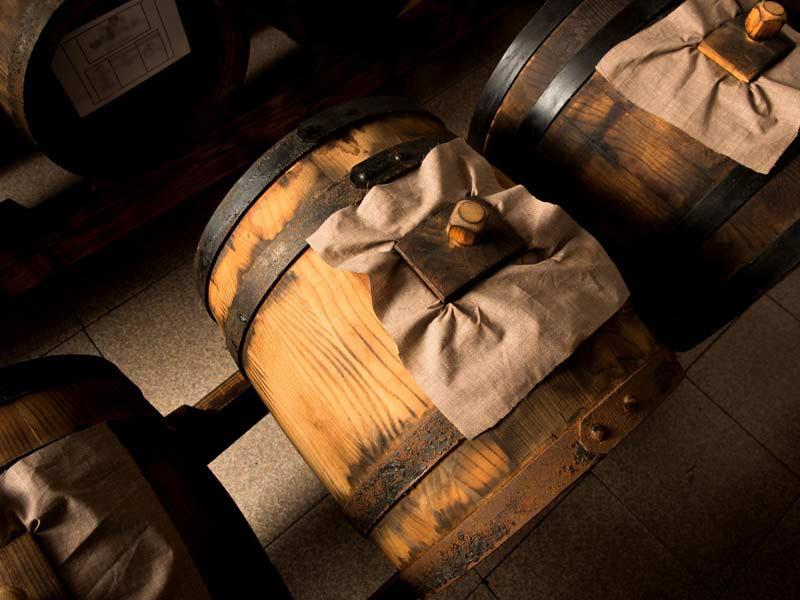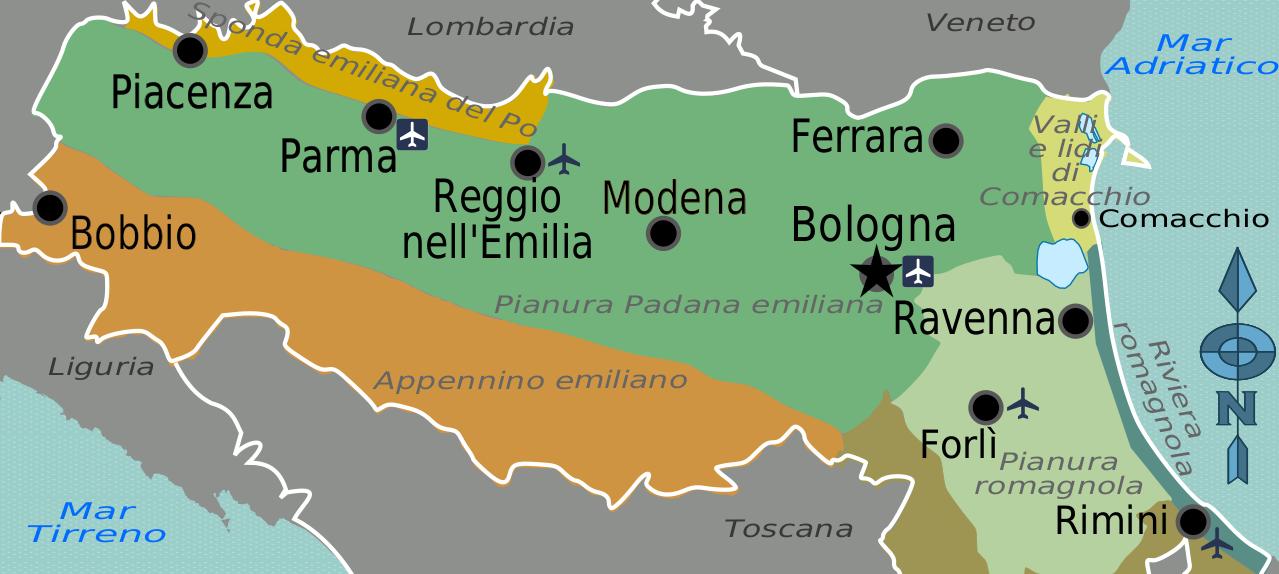
1 minute read
The Duke’s Vinegar
The first written record of “aceto balsamico” as we know it today describes an event in 1046 when the Holy Roman Emperor Henry III was given a silver cask of local vinegar by the prince of the Duchy of Modena and Reggio Emilia, while passing through on his way to Rome. But it wasn’t until the reign of the Duchy of Este that aceto balsamico came into its own.
In 1598 the powerful vinegar-loving Este family moved from Ferrara to Modena. There they tasted a vinegar that was made in the homes of local residents. Recognizing it as the best they had ever had, the Duke immediately set up production at his residence. The vinegar was given to guests and used at banquets and became known as Aceto del Duca “the Duke’s Vinegar”. In 1796, the d’Este family were deposed by Napoleon Bonaparte and fled from Modena with all the barrels and bottles of vinegar they could carry.
Advertisement
Why the Name Balsamic?
The term “balsamic” was used for the first time in the registers of the ducal inventories of the Estense Court of Modena in 1747. In a list of the various types of vinegar in the court there are references to “balsamic” style vinegars. Sources believe the use of the word “balsamic” references the word “balm” as a soothing remedy with therapeutic and digestive properties and to indicate pleasantness, subtlety, fine aroma and flavor.

Others say that balsamic refers to balsam as a fragrant resin that comes out of wood. The balsams that flavor balsamic vinegar come into it naturally as it ages in different kinds of wooden barrels.

A Regional Family Tradition
Italian families of the small towns of Modena and Reggio in the Emilia Romagna region of Northern Italy (west of Bologna), had been producing aceto balsamico for over a thousand years. A local legacy produced under the eaves of their houses in ventilated attics or lofts known as acetaia (pronounced “ah cheh tie ya”), the pressed grape juice was collected, cooked and aged in wooden barrels. Vinegar making was passed down from generation to generation by certain families in the region whose skill and secret recipes were stored in the barrels of their family acetaia where climatic conditions and the art of barrel aging transformed grapes from their land, drop by drop, into a family treasure.

A batteria (battery) of vinegar casks was considered to be a prized family possession left in inheritance and









